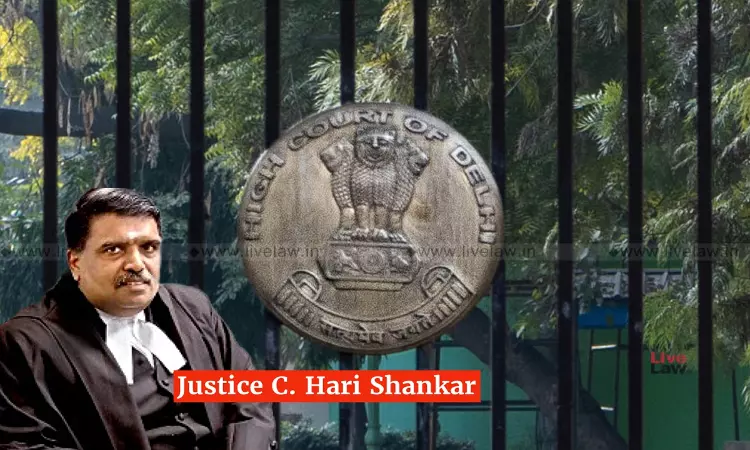The Delhi High Court bench of Justice C. Hari Shankar has held that Section 29A(1) of the Arbitration and Conciliation Act, 1996, when read with Section 29A(4), implies that the mandate of the arbitral tribunal terminates if the tribunal does not issue the award within twelve months of completing the pleadings under Section 23(4). The bench held that the twelve-month period is to...

